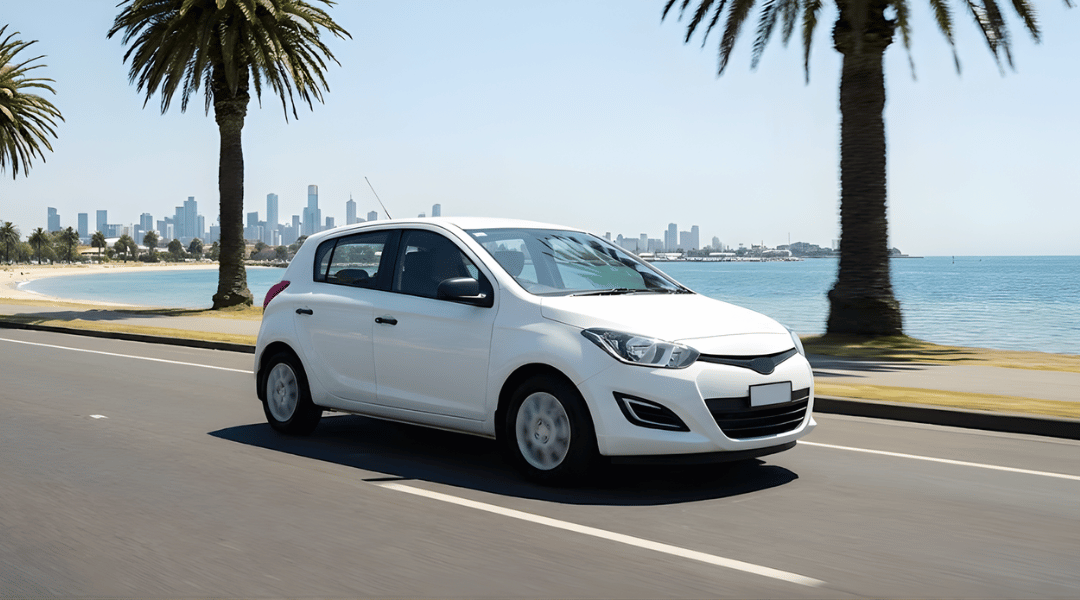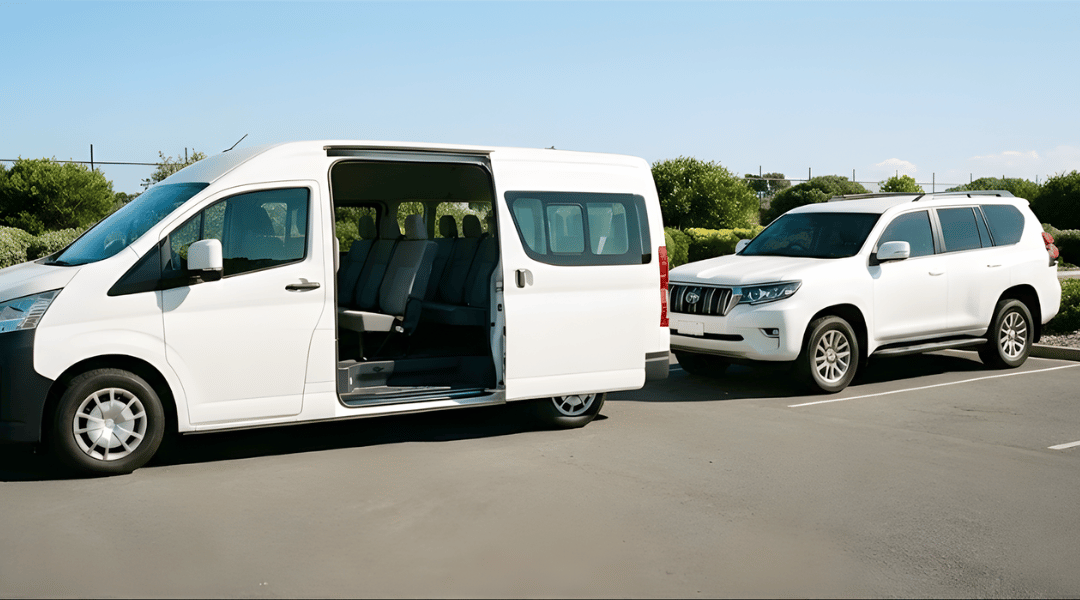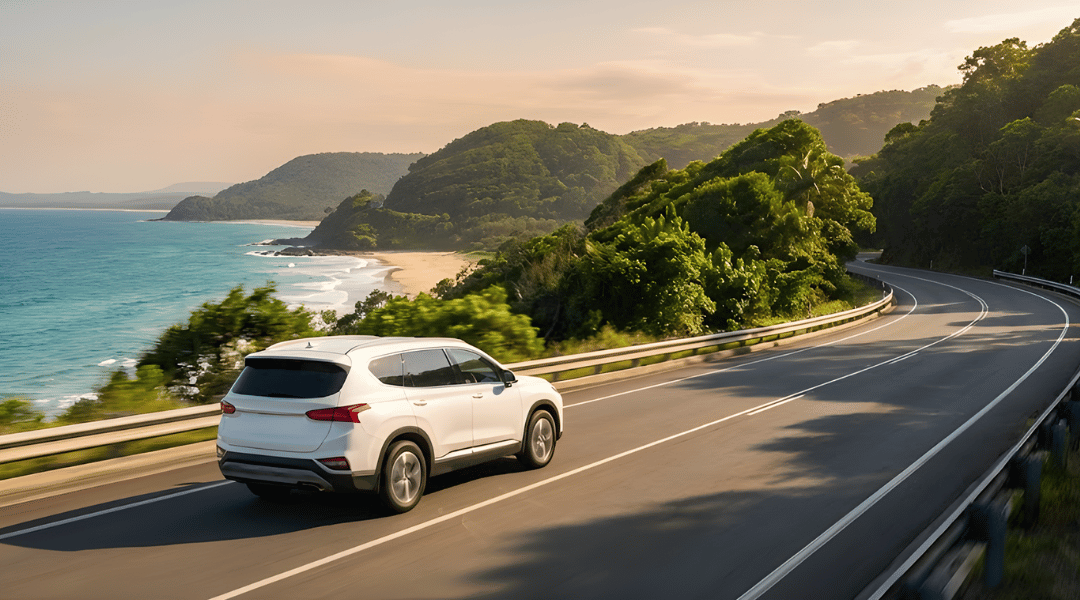Renting a car for your next Australian adventure? Make sure you’re covered. Let’s clarify if your car insurance extends to rental vehicles. Understanding your car insurance coverage is crucial when renting a car in Australia. This guide will help you determine if your existing policy provides adequate protection and offers tips for additional coverage.
Understanding Your Australian Car Insurance Policy
Contact Your Insurance Provider: The most reliable way to determine your coverage for rental cars is to contact your Australian insurance provider directly. They can provide specific details about your policy, including any limitations or exclusions related to rental vehicles.
Rental Car Coverage in Australia: While the specifics vary, most comprehensive car insurance policies in Australia offer some level of coverage for rental cars. This typically includes collision, liability, and comprehensive coverage, similar to your vehicle. However, it’s essential to verify the exact terms and conditions of your policy.
Policy Limitations: Be aware that your insurance policy might have limitations regarding rental car coverage. For instance, there could be restrictions on the type of rental car covered, the duration of the rental, or the geographical area. Additionally, some policies might have higher deductibles or exclusions for certain types of accidents or damages.
Rental Car Insurance: What’s Included Down Under
Basic Coverage Offered by Rental Companies
Australian rental car companies are required to include a base level of insurance in their rates. This typically covers third-party liability, which protects you from claims made by others for damage or injuries caused by you while driving the rental car.
It also often includes some form of collision damage waiver (CDW) with an excess or deductible. This means that if the rental car is damaged, you’re responsible for a certain amount (the excess) before the insurance kicks in.
Additional Coverage Options
Rental companies typically offer additional insurance packages to cover costs beyond the basic coverage.
- Loss Damage Waiver (LDW): This covers damage to the rental car, often with a reduced excess compared to the standard CDW. It’s essentially an upgrade to the basic insurance.
- Personal Accident Insurance (PAI): This covers medical expenses for you and your passengers in case of an accident.
- Theft Protection: While often included in the base rate, this covers the cost of the vehicle if it’s stolen.
Declining Insurance
Declining optional insurance can save you money, but it also comes with risks. If you have comprehensive car insurance that covers rental vehicles, you might be able to decline the additional coverage offered by the rental company. However, always check the terms of your personal insurance policy to ensure it covers rental cars in Australia.
It’s crucial to weigh the potential costs of declining insurance against the peace of mind it provides. Consider factors like the cost of the rental, the length of your trip, and your comfort level with financial risk.
Remember: Even if you decide to decline additional insurance, it’s essential to understand the terms and conditions of the basic coverage provided by the rental company, including the excess amount.
Australian Credit Cards Offering Rental Car Insurance
While many Australian credit cards offer rental car insurance as a benefit, the specific coverage and terms vary significantly between providers. Here are some major Australian banks and credit card providers known for offering this perk:
Major Australian Banks
- ANZ: Offers rental vehicle excess insurance for eligible credit cards, both domestically and internationally.
- Commonwealth Bank: Provides rental vehicle excess cover for eligible cards, but primarily focuses on international travel.
- NAB: Offers complimentary rental vehicle excess insurance for eligible cards, covering both domestic and international rentals.
- Westpac: Provides rental vehicle excess cover for eligible cards, with coverage for both domestic and international rentals.
Other Notable Providers
- American Express: Known for its comprehensive travel insurance benefits, including rental car coverage for eligible cardholders.
- Diners Club: Offers rental car insurance as part of its membership package.
Important Considerations:
- Eligibility: Not all cards issued by these banks or providers offer rental car insurance. Check the specific terms and conditions of your card.
- Coverage Limits: The amount of coverage varies between cards. Some cards may cover the excess amount, while others may offer more comprehensive protection.
- Excess: Many credit card rental insurance policies have an excess amount, meaning you’re responsible for a certain amount before the insurance kicks in.
- Secondary Coverage: Most credit card rental insurance is secondary, meaning it only covers what your primary insurance doesn’t.
Always check the specific terms and conditions of your credit card for the most accurate information.
Navigating Australian Roads Safely
Be Prepared for Diverse Conditions
Australia boasts a vast and varied landscape, which means diverse road conditions. Here are some tips:
- Urban Driving: While similar to many other major cities, be aware of tram tracks, roundabouts, and peak-hour traffic.
- Rural Driving: Be cautious of wildlife, especially kangaroos and emus. Maintain a safe distance, use high beams when appropriate, and be prepared for unsealed roads.
- Remote Areas: If venturing off the beaten path, ensure your vehicle is suitable for the terrain and carry essential supplies. Inform someone of your itinerary.
Weather Awareness
Australia’s weather can be unpredictable. Be prepared for:
- Bushfires: These can occur during dry seasons, affecting visibility and road conditions. Check for fire bans and road closures.
- Floods: Heavy rains can cause flash floods, especially in remote areas. Avoid driving through flooded roads.
- Cyclones: Coastal areas are susceptible to cyclones. Stay informed about weather warnings and avoid unnecessary travel.
Driving Etiquette and Local Customs
- Roundabouts: These are common in Australia. Give way to traffic already on the roundabout.
- Speed Limits: Strictly adhere to speed limits. Penalties for speeding can be severe.
- Mobile Phones: Hands-free phone use is allowed, but avoid distractions while driving.
- Seatbelts: Mandatory for all occupants.
By following these guidelines, you can enjoy your Australian road trip safely and confidently.
When to Purchase Additional Coverage
Credit Card Benefits for Australians
Many Australian credit cards offer rental car insurance as a complimentary perk. This coverage can provide additional protection beyond what your car insurance or the rental company offers. However, it’s essential to understand the terms and conditions of your credit card policy, as there might be specific requirements, such as using the card to pay for the entire rental.
Benefits of Credit Card Rental Car Insurance:
- Convenience: Often included with your existing credit card.
Additional Coverage: Can provide coverage for items not covered by your primary insurance.
- Peace of Mind: Offers extra protection against unexpected costs.
Gap Insurance
Gap insurance can be valuable in certain situations. This type of coverage helps bridge the gap between the amount you owe on your rental car and the insurance payout if the vehicle is stolen or totalled. While less common for rental cars compared to personal vehicles, it’s worth considering if you’re renting a high-value car or if you have a significant amount of time left on a lease.
When to Consider Gap Insurance:
- High-value rentals: Luxury or expensive vehicles.
- Long rental periods: Increased risk of theft or damage.
- Limited personal insurance coverage: If your insurance has low coverage limits.
High-Value Vehicles
When renting a luxury or high-value vehicle, it’s advisable to carefully evaluate the insurance options. The excess or deductible on the standard CDW might be higher for these types of cars. Consider purchasing additional coverage to protect yourself from significant financial loss in case of damage or theft.
- Compare costs: Weigh the cost of additional coverage against the potential financial risk.
- Understand your needs: Assess your personal risk tolerance and the specific circumstances of your rental.
- Review your insurance: Check if your existing policy covers rental cars and to what extent.
By carefully considering these factors, you can make an informed decision about whether to purchase additional coverage for your rental car.
Conclusion
Understanding your car insurance coverage when renting a car in Australia is crucial to protect yourself from unexpected costs. Before hitting the road, contact your insurance provider to clarify your policy’s rental car coverage. Assess the additional insurance options offered by the rental company, considering your circumstances and budget. Credit card rental car insurance can also provide valuable protection.
By carefully evaluating your options and understanding the terms and conditions of your policies, you can make informed decisions to ensure a safe and worry-free rental car experience.
Need a reliable car rental with basic liability insurance? Alpha Car Hire offers flexible options to suit your needs. Book now and enjoy the freedom of the road!





